Your arteries are like highways for your blood, carrying oxygen and nutrients throughout your body. What you eat directly affects how clean and clear these highways stay. Some foods help scrub away harmful buildup in your arteries, while others can create roadblocks that slow blood flow and harm your heart. Understanding which foods help or hurt your arteries can make a big difference in your heart health.
1. Fatty Fish
Salmon, mackerel, and sardines deliver powerful omega-3 fatty acids that act like natural anti-inflammatories in your bloodstream. These healthy fats help prevent plaque from sticking to artery walls and reduce existing inflammation.
The American Heart Association recommends eating fish twice weekly for good reason. Studies show people who regularly consume fatty fish have fewer heart problems and cleaner arteries than those who don’t.
Beyond omega-3s, these fish provide protein without the artery-clogging saturated fats found in many meats. Even canned versions offer benefits, making this heart-healthy option both affordable and convenient for most families.
2. Avocados
Packed with monounsaturated fats, avocados actively lower bad cholesterol while boosting the good kind. This green fruit works like a gentle scrub brush for your arteries, helping maintain their flexibility and health.
Potassium-rich avocados also help control blood pressure, creating a double benefit for your circulatory system. Adding just half an avocado daily to your meals can improve cholesterol levels within weeks.
Beyond heart benefits, their fiber content helps you feel full longer, potentially aiding weight management. Spread on toast, blended into smoothies, or chopped into salads – avocados offer versatile ways to protect your arteries with every creamy bite.
3. Berries
Blueberries, strawberries, and raspberries pack an antioxidant punch that helps sweep away harmful particles in your bloodstream. Their vibrant colors signal the presence of anthocyanins, powerful compounds that fight inflammation and protect blood vessel walls.
Research from Harvard found that women who ate berries three times weekly had a 32% lower risk of heart attack. These fruits work by reducing oxidative stress and improving how your arteries expand and contract with each heartbeat.
Fresh or frozen, berries maintain their artery-cleaning benefits year-round. Sprinkle them on cereal, blend into smoothies, or enjoy as a sweet snack that satisfies cravings while actively cleaning your cardiovascular system.
4. Leafy Greens
Spinach, kale, and other leafy greens contain natural compounds that help your arteries relax and widen, improving blood flow throughout your body. Their high nitrate content converts to nitric oxide, a molecule that keeps artery walls flexible and healthy.
A daily serving of these powerhouse vegetables can lower blood pressure by up to 11 points, according to recent studies. The vitamin K in leafy greens also prevents calcium from building up in your arteries, a key factor in keeping them clear.
Dark leafy greens provide these benefits with minimal calories, making them perfect for heart-healthy weight management. Try them sautéed with garlic, blended into smoothies, or as the base for a nutrient-packed salad.
5. Olive Oil
Extra virgin olive oil contains unique antioxidants called polyphenols that actively fight inflammation in your blood vessels. Unlike many other oils, it helps reduce oxidative damage to cholesterol particles, preventing them from building up in artery walls.
Studies from Mediterranean regions show populations consuming olive oil daily have remarkably low rates of heart disease. The oleic acid it contains helps maintain healthy artery linings and improves how your body processes cholesterol.
For maximum artery benefits, choose extra virgin varieties and use them in low-heat cooking or drizzled on finished dishes. Just two tablespoons daily provides protective effects while adding rich flavor to your meals without harming your arteries.
6. Processed Meats
Bacon, sausage, and deli meats contain concerning levels of saturated fat and sodium that directly harm arterial health. The preservation methods used create compounds that trigger inflammation in blood vessels, damaging their inner linings.
Regular consumption increases heart disease risk by 42%, according to major health studies. Just two slices of bacon daily can raise blood pressure and promote arterial stiffness within weeks.
The nitrates added for color and preservation convert to harmful nitrosamines in your body. These compounds damage artery walls and accelerate plaque formation. Replacing processed meats with fresh poultry, fish, or plant proteins delivers protein without the artery-damaging effects.
7. Fried Foods
French fries, fried chicken, and other deep-fried foods create a perfect storm for artery damage. The high cooking temperatures change the oil structure, creating harmful compounds that directly attack blood vessel linings.
The trans fats often formed during frying raise bad cholesterol while lowering good cholesterol. This dangerous combination accelerates plaque buildup in arterial walls. One study found eating fried foods just twice weekly increased heart failure risk by 23%.
Beyond fat concerns, the high calories in fried foods contribute to weight gain and inflammation. Baking, air-frying, or steaming offers healthier cooking methods that preserve flavor without the artery-clogging effects that make fried foods so harmful to cardiovascular health.
8. Refined Carbohydrates
White bread, pastries, and other refined carbs quickly convert to sugar in your bloodstream, triggering inflammation that damages artery walls. Their high glycemic index causes insulin spikes that promote fat storage around vital organs, including your heart.
Harvard researchers found people eating the most refined carbs had 10% more dangerous belly fat surrounding their arteries. These foods also lack the fiber that helps remove cholesterol from your system.
The inflammatory response they trigger causes arterial stiffening over time. Switching to whole grains provides necessary carbohydrates while delivering fiber and nutrients that actually support artery health, showing how simple food swaps can transform your cardiovascular future.
9. Sugary Drinks
Sodas, energy drinks, and sweetened teas deliver a concentrated sugar rush that triggers arterial inflammation almost immediately. Just one 12-ounce can contains more sugar than your body should process in an entire day.
Research shows daily soda drinkers have a 20% higher risk of developing blocked arteries. The fructose in these beverages bypasses normal digestion, heading straight to your liver where it creates fats that enter your bloodstream and stick to artery walls.
Even “diet” versions contain artificial sweeteners linked to increased heart risks. Replacing sugary drinks with water, unsweetened tea, or fruit-infused water eliminates these empty calories while protecting your arteries from sugar-induced damage.
10. Margarine and Shortening
Older forms of stick margarine and shortening contain artificial trans fats that essentially scar artery walls and promote dangerous plaque buildup. These manufactured fats behave differently in your body than natural fats, causing cellular damage throughout your cardiovascular system.
Trans fats simultaneously raise bad cholesterol while lowering good cholesterol – the worst possible combination for arterial health. Even products labeled “trans-fat free” may contain small amounts due to labeling loopholes.
The damage from these fats persists long after consumption. Heart-friendly alternatives include olive oil, avocado oil, or small amounts of real butter, all of which contain fats your body can process properly without the arterial damage caused by these industrial spreads.
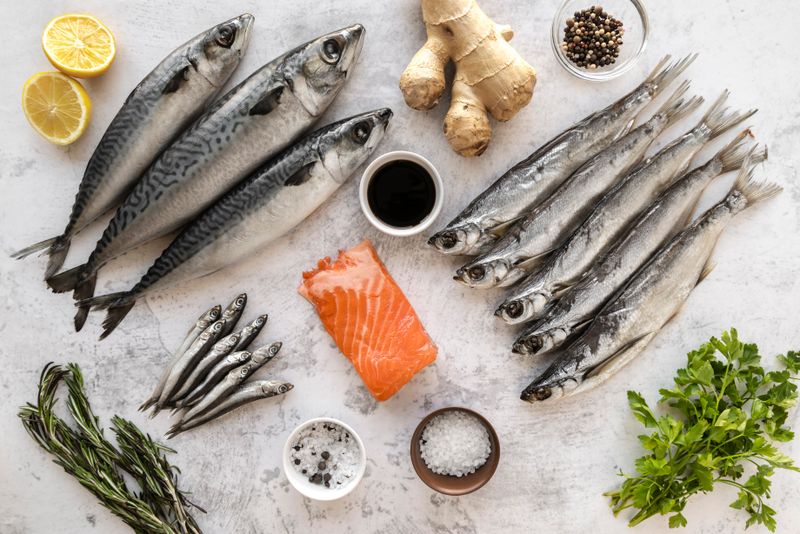
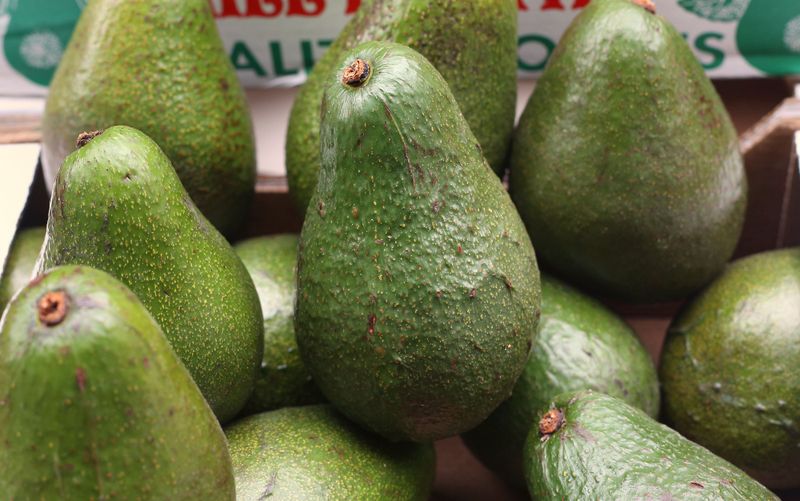
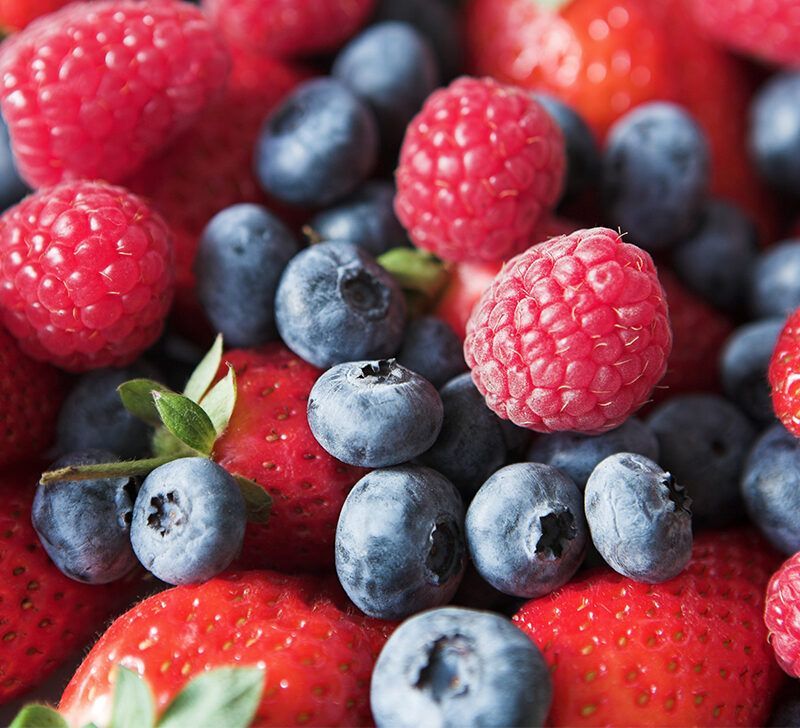
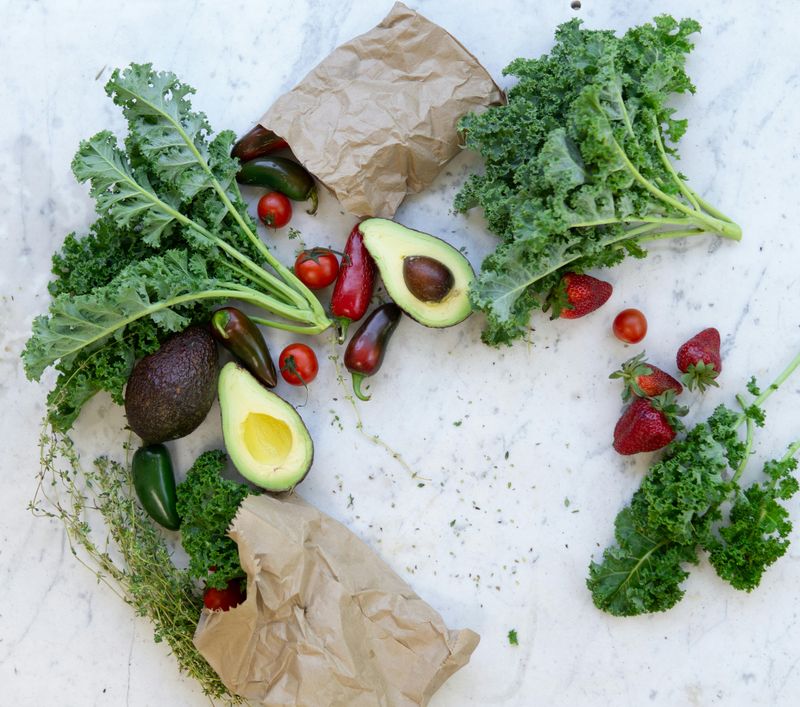
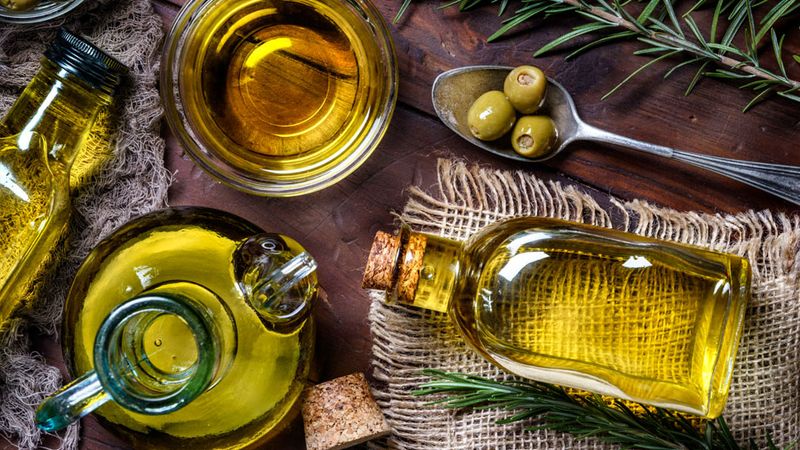
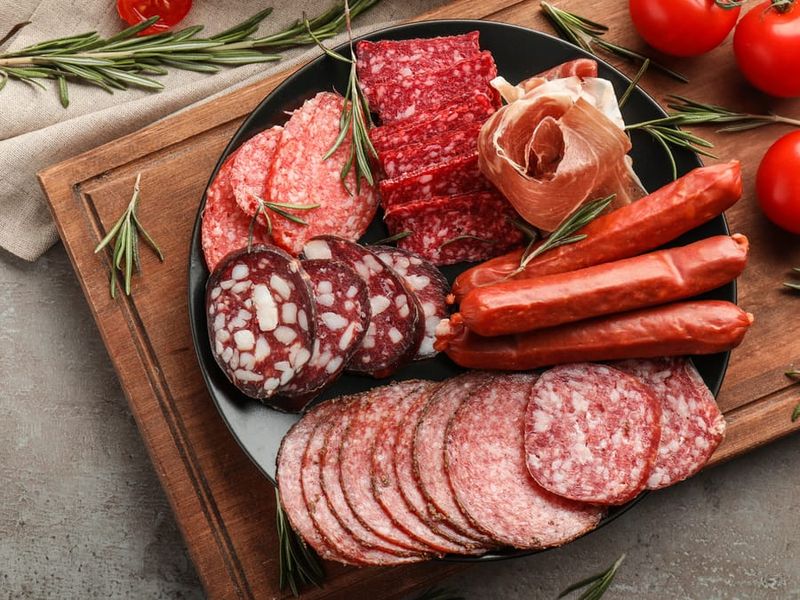
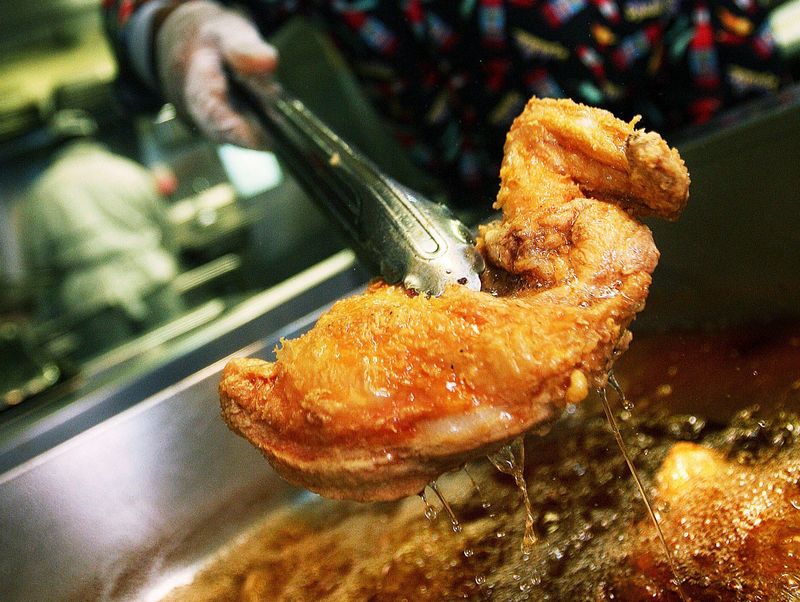
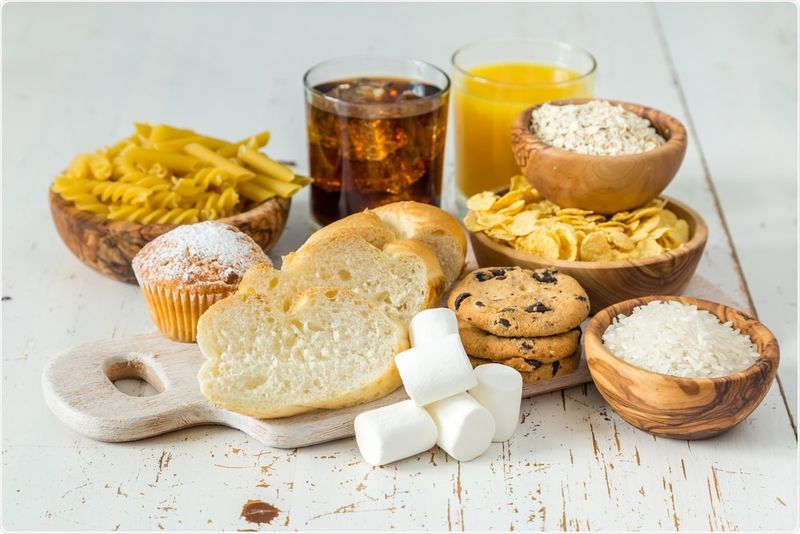


Leave a comment